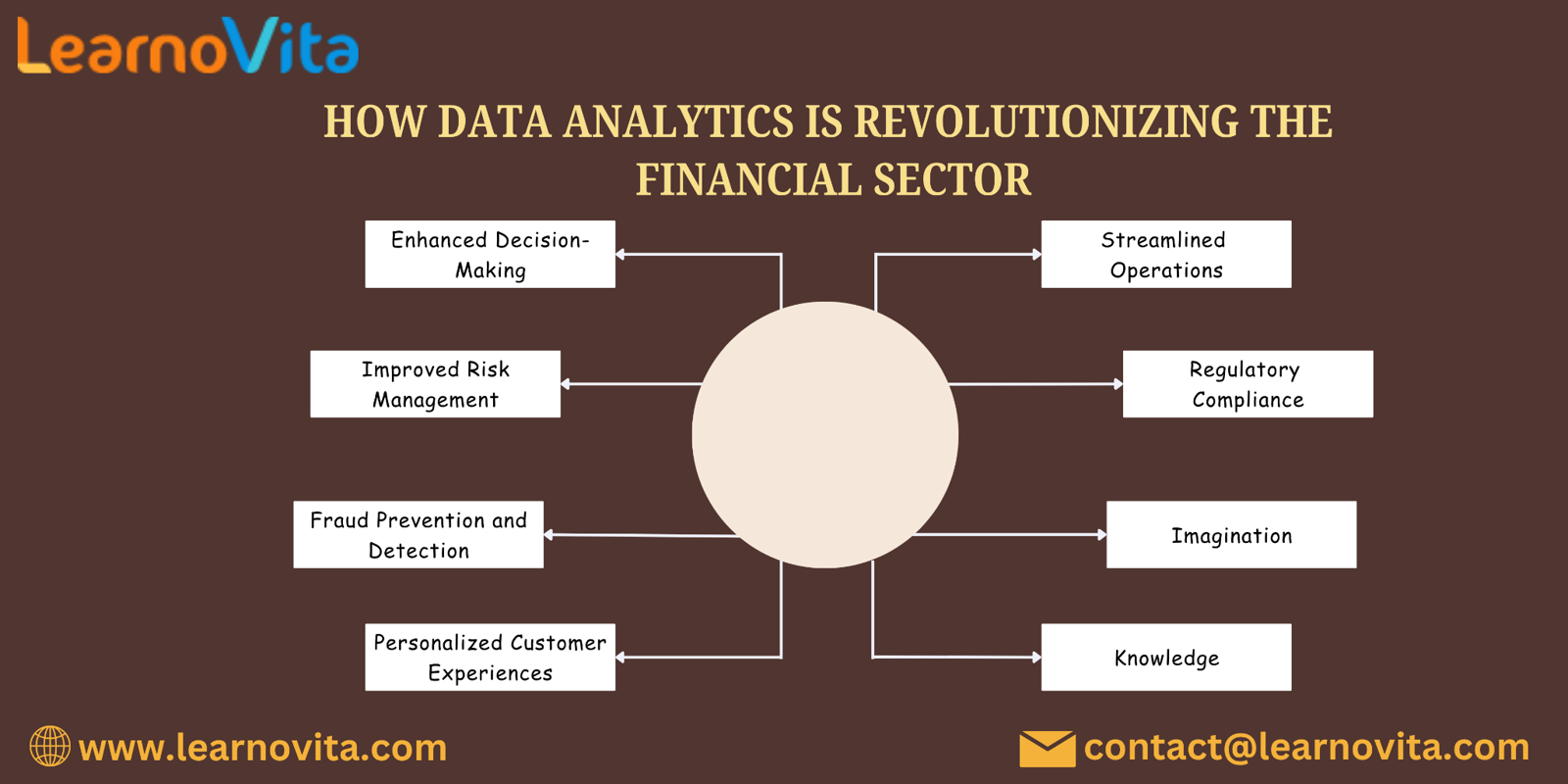In the dynamic world of finance, the ability to navigate complex markets and make informed decisions is more crucial than ever. Data analytics has emerged as a powerful tool, enabling financial institutions to turn vast amounts of data into actionable insights. This blog explores how data analytics is reshaping the financial landscape and helping organizations thrive.
For those looking to enhance their skills, Data Analytics Course in Bangalore programs offer comprehensive education and job placement assistance, making it easier to master this tool and advance your career.

1. Understanding Market Trends
Data analytics provides financial professionals with the ability to analyze market trends in real time. By examining historical data alongside current market conditions, institutions can identify patterns that inform investment strategies. Whether it’s predicting stock movements or understanding shifts in consumer behavior, data-driven insights are invaluable for staying ahead in a competitive market.
2. Enhancing Risk Assessment
Risk management is at the core of financial decision-making. Data analytics equips organizations with the tools to assess risks more accurately. Predictive models analyze various factors—economic indicators, historical performance, and market sentiment—to forecast potential risks. This proactive approach allows institutions to mitigate risks effectively and protect their assets.
3. Fraud Detection and Prevention
The financial sector is often targeted by fraudsters, making robust fraud detection systems essential. Data analytics plays a critical role in identifying fraudulent activities by analyzing transaction patterns and customer behavior. Advanced algorithms can flag anomalies, enabling institutions to take immediate action and reduce potential losses.
4. Personalizing Customer Experiences
Data analytics allows financial institutions to gain deep insights into customer preferences and behaviors. By analyzing this data, organizations can tailor their products and services to meet individual needs. Personalized offerings not only enhance customer satisfaction but also foster loyalty, driving long-term relationships.
5. Driving Operational Efficiency
Operational efficiency is key to maintaining a competitive edge. Data analytics streamlines processes by identifying inefficiencies and areas for improvement. Organizations can automate routine tasks, optimize workflows, and reduce operational costs, leading to enhanced productivity and better service delivery.
With the aid of Data Analytics Certification Course programs, which offer comprehensive training and job placement support to anyone looking to develop their talents, it’s easier to learn this tool and advance your career.

6. Regulatory Compliance Made Easier
Compliance with regulatory requirements is a significant challenge in finance. Data analytics simplifies compliance tracking and reporting, ensuring that institutions adhere to regulations efficiently. By automating data collection and analysis, organizations can minimize the risk of penalties while maintaining transparency and accountability.
7. Strategic Decision-Making
Data analytics empowers financial professionals to make strategic decisions backed by data. By leveraging insights derived from analytics, organizations can develop informed strategies that align with market demands. This data-driven approach enhances the effectiveness of financial planning and investment strategies.
8. Gaining Competitive Advantage
In a rapidly evolving financial landscape, gaining a competitive advantage is essential. Data analytics provides insights into competitor performance, market conditions, and customer sentiment. By leveraging these insights, organizations can adapt their strategies, capitalize on opportunities, and stay ahead of the competition.
Conclusion
The power of data analytics in finance cannot be overstated. As financial institutions continue to embrace data-driven strategies, they are better equipped to navigate challenges, seize opportunities, and deliver exceptional value to their customers. In this data-centric world, mastering data analytics is not just an advantage; it’s a necessity for success in the financial sector.


Write a comment ...